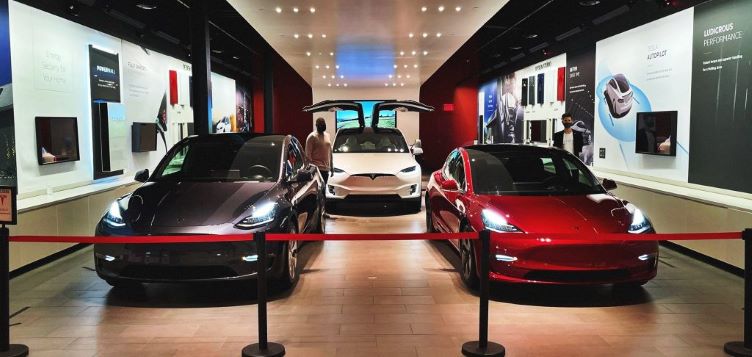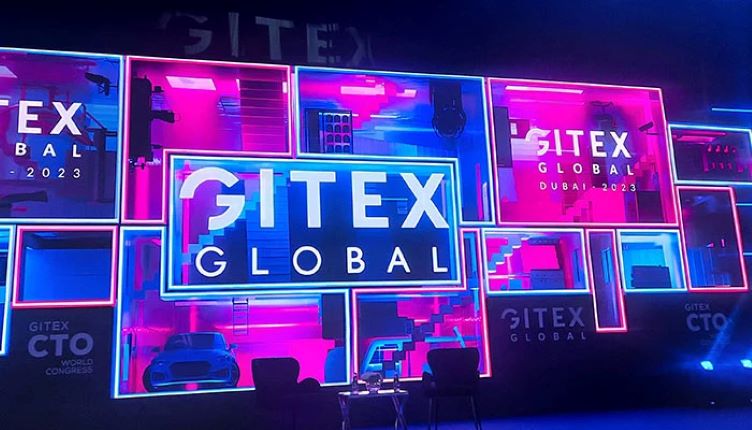The electric vehicle revolution is already under way, holding out the prospect of a cleaner, greener future. The EV is fulfilling its promise to reduce environmental impact and improve technologically. On the other hand, the EV industry is having supply issues, which is contributing to its sluggish rather than explosive expansion.
The Demand-Supply Mismatch:
The demand for electric vehicles is expected to soar, in part due to the big automakers such as Tesla, Ford, and GM increasing their output. In addition, the energy industry is undergoing a revolution with the arrival of new key players into the market.
The primary issue is a shortage of certain raw materials, such as nickel, cobalt, and lithium, which are utilized in batteries. These elements are crucial to lithium-ion batteries, which power electric cars, but there is a relatively limited supply, making it difficult to distribute and extract them.
The Lithium Conundrum:
Lithium! the essential component of electric vehicle batteries, but its supply is unstable, and its demand is rising sharply. The fact that the majority of lithium is imported from Australia, China, and Chile raises concerns. The worldwide disruption caused by this restriction in supply—whether it be political, environmental, or logistical—could have serious repercussions.
Also, the shortage of supplies is becoming a more significant problem. This process calls for a lot of water in an area where there is a shortage, which could lead to conflicts between the local population and environmental deterioration.
The Role of Cobalt and Nickel:
Another essential component of battery manufacturing, particularly for lithium-ion batteries, is cobalt. Cobalt mining occurs in the Democratic Republic of the Congo, a country infamous for violating human rights and abusing child labor. This has caused automakers and battery producers to lower the amount of cobalt in their batteries. Finding equivalent replacements that preserve the batteries’ performance is a more difficult and expensive task.
Similar to cobalt, nickel is a crucial component for batteries, but like cobalt, it is also in short supply. While nickel is produced in Russia and Indonesia, its extraction and refinement can lead to environmental risks like pollution and deforestation, making supply more difficult.
The Impact on EV Prices and Production:
The supply chain faces difficulties with more than just raw materials; it also faces difficulties with production and processing. One of the largest projects is building a battery factory, which will take years and millions of dollars to finish. Even with the global manufacture of gigafacteries, it is still unclear whether or not they can produce batteries that meet demand specifications.
There is a lack of supply, which affects EV pricing as well. As raw material prices rise, so do battery prices, which leads to an increase in EV prices. It implies that setting and leveling the pricing of cars with internal combustion engines and electric engines will take longer.
In light of this, if the supply continues to be in such restricted quantities, the automakers will have difficulty meeting demand. Customers may be reluctant to purchase an electric vehicle (EV) if they are aware of its limited or expensive supply, which could impede the shift towards greener transportation.
The Search for Solutions:
The electric vehicle (EV) industry is aware of these difficulties and is looking for a solution. A few businesses are making investments in mining and obtaining certain distinctive components for supply.
The recycling process has become increasingly important in order to mitigate the risk of shortage. When old batteries are recycled, valuable elements like cobalt, nickel, and lithium can be retrieved and used again, which reduces the need for new raw materials. However, battery recycling is still in its infancy and will take some time.
The Road Ahead:
The EV business has a promising future, despite several obstacles. The industry’s supply issue will become a barrier to the future conveyance of powerful energy. In order to keep the electric vehicle (EV) sector affordable and environmentally friendly, supply issues must be managed as global electrical technology advances.
Customers must understand that the industry will need to overcome some difficult obstacles in order to switch to electric vehicles. Additionally, be aware that finding a solution will involve working with business, investing in cutting-edge technology, and advocating for sustainable practices.
Ultimately, the success of the EV revolution depends not just on the individual but also on the supply chain that sustains them.

















